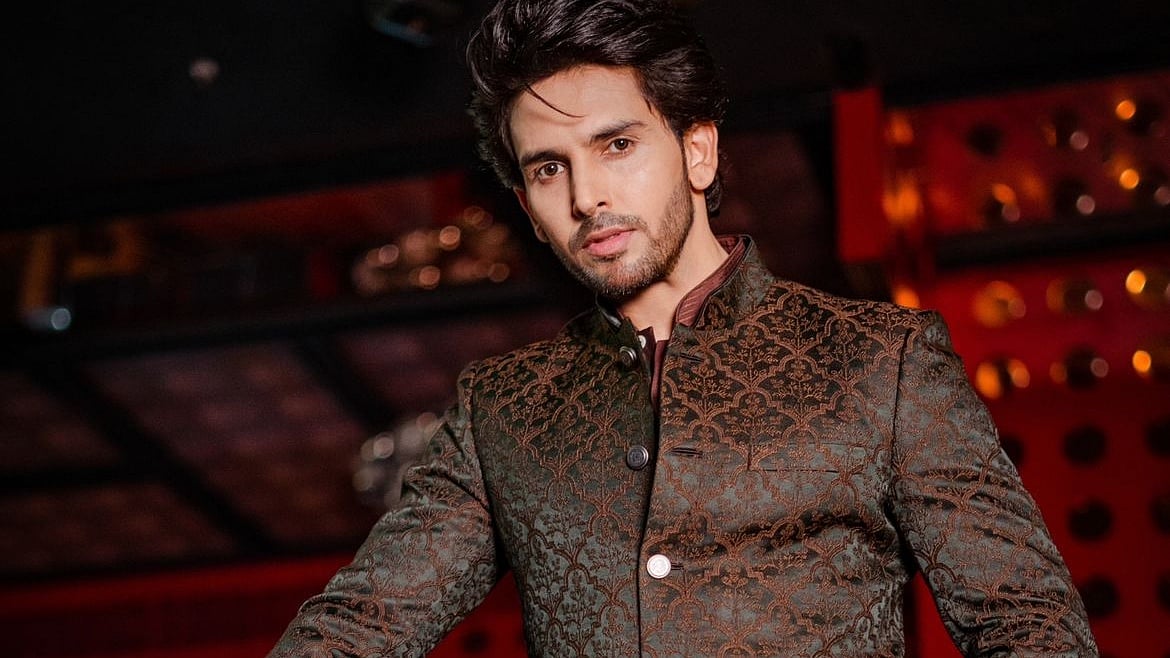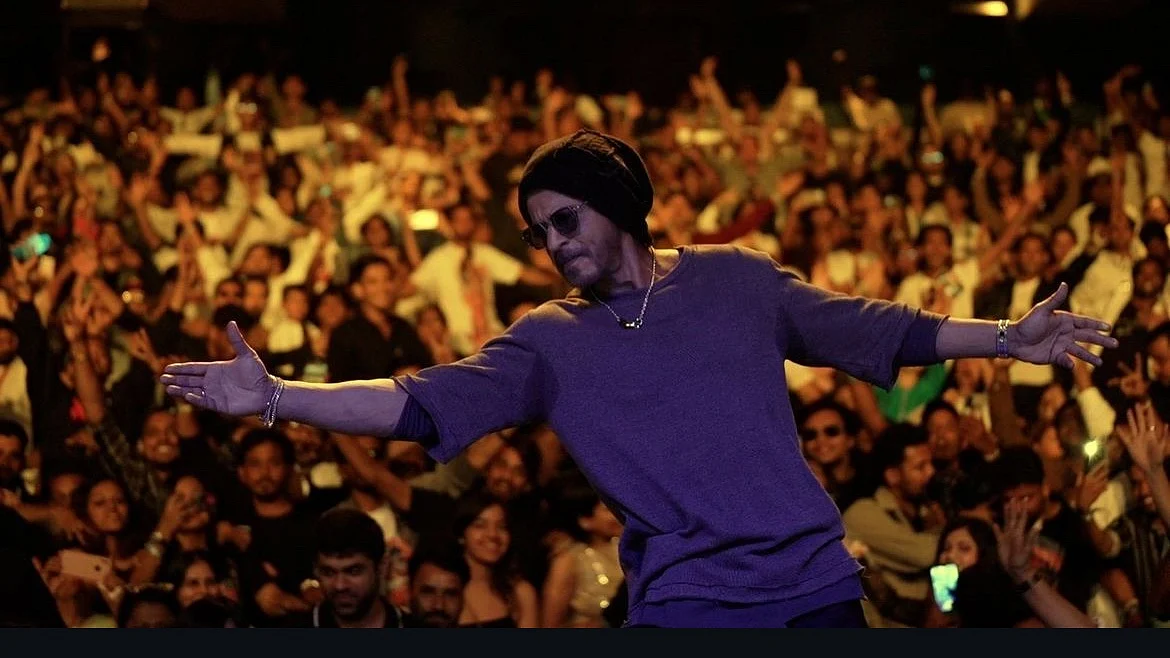Shashi Tharoor, author, politician and former international civil servant, straddles several worlds of experience ingeniously. A three-term Lok Sabha MP representing Thiruvananthapuram and Chairman of the Parliamentary Standing Committee on Information Technology, the former Minister of State for Human Resource Development and External Affairs in the Government of India is an unusual figure in Indian politics.
He has written as many as 22 books, including the latest biography of Indian reformer BR Ambedkar titled 'Ambedkar: A Life'. The Free Press Journal caught up with Tharoor during his book launch at the Tata Literature Live! The Mumbai LitFest at NCPA.
In this conversation, the author and politician talks about his idea of India, Ambedkar and his vision in today's political scenario, his idea of liberalism and more.
How has working on this book changed you? Was it a challenge to be non-Dalit and write an authentic book on Dr Ambedkar?
Writing about Ambedkar was very important to me when I wrote a column talking about my own obliviousness to caste and got pushback from a young Dalit blogger who said, 'What a statement of privilege this is, because only the privileged can afford to say they are oblivious to caste. No Dalit in India can grow up oblivious of caste.'
That suddenly made me realise how little some Hindus are aware of what people in our midst have to endure. I thought we have to write a book that younger people can read, which is accessible and which has all the key elements of life but also leaves room for an assessment of his legacy. I did that for Nehru which did well. I am sure one day people will feel the same about Ambedkar's book.
Did you not being Dalit become an obstacle while writing this book?
Yes, it was a challenge and I was particularly conscious that I could easily be dismissed on that ground alone. You are talking about the experiences that people have endured and that are personal to them and here you are trying to show a certain appreciation of it but with a detachment because you never suffered yourself and that's a problem for many.
Do you think Dr Ambedkar's ideas of India and its people were more progressive than what we think of today?
Absolutely! He was way ahead of his time in his thoughts and ways. One of the most striking ones is feminism, which is largely underestimated today. In 1920-1930, talking to women, Dalit women in particular,and asking them to stand up for their rights and to their husbands. He legislated for birth control. He didn't succeed, but he tried. He wanted labour rights and equal pay for women that we are talking about now.
Your range is varied when it comes to writing books. What inspires you?
All my writings in some ways scratch an itch about what it means to be an Indian and what India means to all of us. To me, we have an extraordinary experiment. I do believe that India is not just a country but an adventure. Therefore, for me, understanding it, coming to terms with it, exploring it, filling in the background with what should matter, all are very important.
You have always emphasised knowing ancestry, culture and history, and knowing your past. How important is it when you want to look to the future?
It's like a child knowing who its grandparents were or where they came from. If you don't know where you are coming from, how would you appreciate where you are going? You still focus on where you are going, but you should also know where you have come from.
In your books, you often talk about your roots, parents and growing up. In Pride, Prejudice and Punditry: The Essential, you talk about your mother's expectations. Have you lived up to her expectations and do you think parents should have expectations of their children anyway?
I would like to think that my late father would be reasonably happy. Many things that I am doing are very much in fulfillment of the kind of things he admired and valued. He loved words, so using words constructively would have pleased him. He loved books, he was a fine writer but never published anything, and he would have enjoyed that I have done that. When 'The Great Indian Novel' came out, I remember him jokingly but proudly saying that 'I am the author's author'. He was very interested in politics.
My mother, on the other hand, is not particularly happy. She has never had an interest in politics. She disdains this world. She is one of these typical middle-class Indian women who say 'you are supposed to do wellin examinations and get a good job and have a family and soon'.She is constantly telling me to leave politics, so I am not sure if I can speak of my parents equally.
For expectations, we all have them. But above all, the expectation we should have is that the kids should not let themselves down and they should understand fairly early what their potential is. They should fulfill that potential. It's not that everybody can do everything. I think the ones who don't challenge themselves are the ones who are the biggest disappointment.
When you say this, I feel it is about liberating an individual. You call yourself a liberal. Do you think there are repercussions to being liberal, especially in politics?
The pointis I stand for a certainattitude to life as well as to politics. I don't judge people, I accept them as they are and I wantthem to be the way they are and do what they wish to, provided they don't hurt anyone else in the process.
Liberalism is not a free-for-all. It says you are free to be who you are and become what you want and believe in what you believe, provided it doesn't infringe other people's rights. That's the core of my life and political philosophy.
You have argued on many crucial and important issues, many times disagreeing with others and reminding many of the right thing. What is your vision of India?
It is a large, diverse, plural land with an ancient civilisation which we should all be proud of but which has been shaped by a number of forces, very diverse and discrete.Those discrete forces need to be accommodated and recognised as part of making India what it is. Above all India is a country which represents the aspirations of one-and-a-fourth billion people and possibly more in the century. Some of the choices and decisions India makes are going to influence human civilisation.
On a lighter note, have you written beautiful and landmark books on India's political history? Do you like to be called a historian or a cultural theorist?
Neither. I am a writer and a human being with a number of reactions to the world around me, some of which I manifest in my writing, some of which I manifest in my work and political speeches.
If Ambedkar were alive today, what do you think he would have been? Would he be just a social media activist or a professor at some foreign university?
Mahatma Gandhi had a habit of expressing himself so pithily that he was born for the Twitter era. He had all these one-liners which summarised oceans of knowledge, whereas Ambedkar was someone who expressed himself for something more expansive, so I don't think social media would have been his platform.
I see him as a Rajya Sabha member. He would have been appalled by the majoritarianism that prevails in rural India today. He famously said bhakti in politics is the worst thing.
This country is full of statues of great men. What would have been his perspective of India today?
I do think we haven't come far in annihilating caste. Ambedkar wanted to completely destroy the system. He would probably be horrified to see that casteism has become more entrenched. That political parties which are against discrimination and untouchability are still seeking votes in the name of caste. Now every caste is conscious that its identity has become a marker for political mobilisation. Ambedkar would have disapproved.










